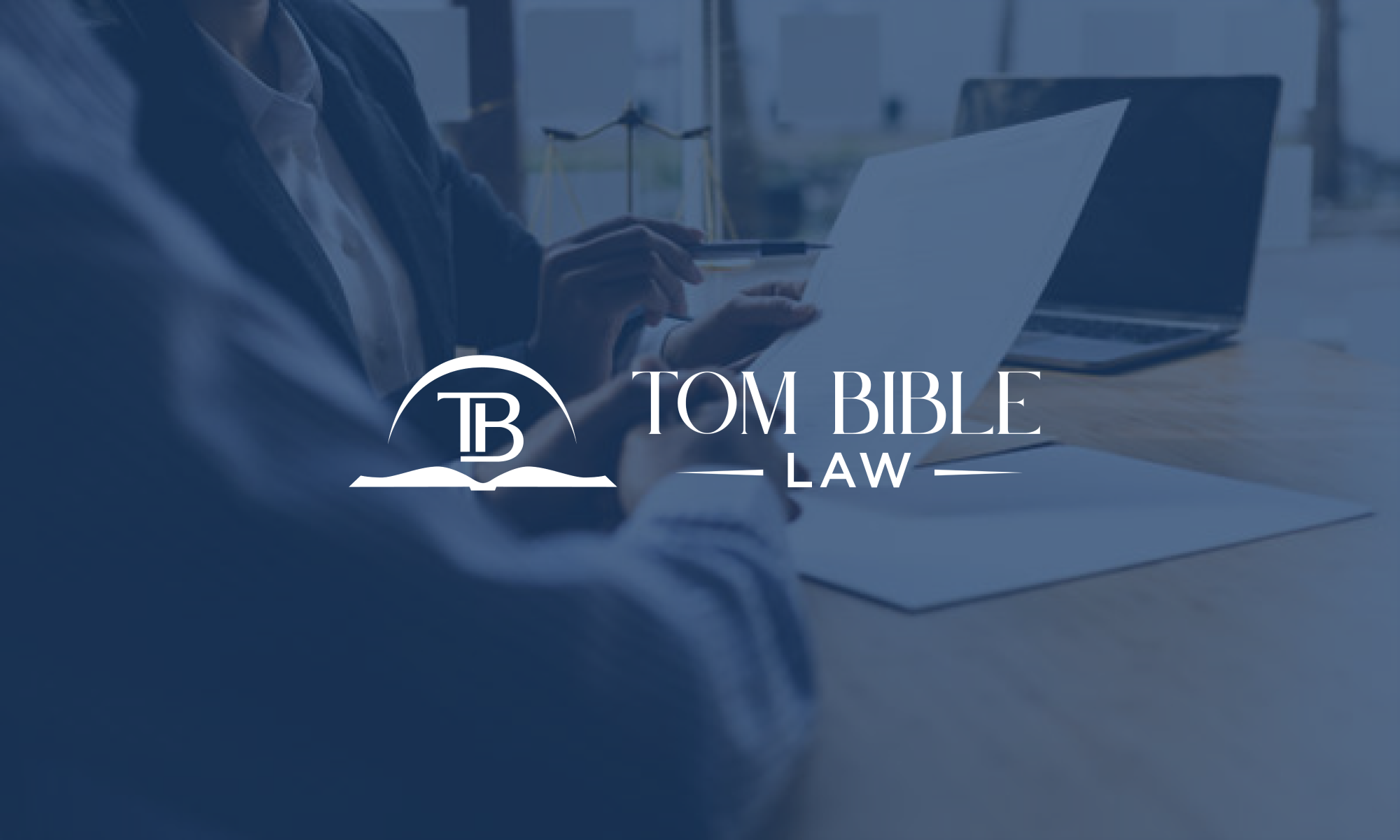What is Chapter 7 Bankruptcy?
According to the United States Bankruptcy Court, bankruptcy is a set of federal laws and rules that help individuals and businesses who owe more debt than they are able to pay. These laws help people who are unable to pay their date to start over by liquidating assets to pay debts.
Chapter 7 bankruptcy, also known as straight bankruptcy or liquidation, requires the debtor to relinquish any property exceeding certain limits so that the proceeds can pay creditors. A trustee is appointed to sell the property on behalf of the debtor.
What Does Chapter 7 Bankruptcy Do?
The first line of support offered by bankruptcy is the automatic stay. The automatic stay stops all lawsuits and collections that are initiated by:
- Creditors
- Collection agencies
- Government entities
- Other’s seeking money
Additionally, bankruptcy will immediately stop the following:
- Eviction
- Utility shutoff
- Foreclosure
- Creditor lawsuits
- Repossession
- Wage garnishment
Bankruptcy can offer long-term relief through debt discharge by eliminating most unsecured debt, such as:
- Credit cards
- Revolving debt accounts
- Medical bills
- Payday loans
- Signature loans
Once a creditor or bill collector is informed of bankruptcy, it must cease all collection efforts. The court will mail a notice to all listed creditors. If a creditor continues to harass a debtor after being informed of bankruptcy proceedings, it may be liable for court sanctions or attorney fees.
What is the Process for Chapter 7 Bankruptcy?
After filing for Chapter 7 bankruptcy, the following events will occur:
- A trustee will be assigned to oversee the filing. The trustee will manage the estate and sell specified assets to pay creditors.
- The automatic stay will take effect.
- The trustee will call for a meeting of creditors. The debtor will be informed about the meeting.
- The debtor must take credit counseling and financial management courses. Debts will not be discharged without the completion of these courses.
- The trustee will sell non-exempt property. If all property is exempt, the trustee will inform the judge, who will likely discharge the debt. The trustee will also notify creditors that no assets are available for repayment.
Who Qualifies for Chapter 7 Bankruptcy?
A family that has a gross income that is lower than the median income for the same size household will qualify for Chapter 7 bankruptcy. To determine a median gross income, add all of the gross income earned during the past six months and multiply it by two. Compare this figure to the income chart available on the United States Trustee’s website, available under “Means Testing Information.”
If a family’s median income is too large, they may still qualify for Chapter 7 bankruptcy by using the means test. The means test uses the same number, which is the gross income of the past six months multiplied by two, and deducting allowable monthly expenses from the current income. The resulting figure is the monthly disposable income.
What Property Is Exempt From Liquidation Under Chapter 7 Bankruptcy?
Property that is protected from liquidation is quite technical, with exceptions and varying amounts. For an accurate and detailed list of exempt properties tailored to your situation, call the lawyers at Tom Bible Law.
Exempt property includes:
- Home equity: $25,000 of home equity is shielded as long as at least one minor dependent lives in the house. Otherwise, a range of $5,000 to $20,00 is exempt, depending on the debtor’s marital status, age, and other factors. Equity within this range will keep a home from being seized.
- Retirement accounts: Tennessee law exempts all money found in a 401(k), IRA, pension plan, or other retirement account, regardless of the amount. Tax-deferred accounts are also typically 100% exempt.
- Specific personal property: This is a small category in Tennessee and only applies to books, pictures, clothes, and health aids, as well as some personal injury, workers’ compensation, or other awards.
- Government and other benefits: VA disability, Social Security, and other government benefits are considered exempt assets. Privately paid benefits are also typically exempt.
- Wildcard exemption: Tennessee law protects up to $10,000 worth of property that would be considered nonexempt, such as a vehicle. The item’s value is considered to be the as-is cash value.
What Debt Cannot be Discharged Under Chapter 7 Bankruptcy?
As discussed, bankruptcy will discharge most unsecured debt. Debt that will not be discharged includes:
- Government-sponsored student loans
- Certain tax debt
- Federal tax liens
- Child support
- Alimony or spousal support
- Debts for personal injury or death caused by the debtor’s driving
- Fines and penalties for law violations
- Certain tax-advantaged retirement plans
- Cooperative housing fees
The following debts will not be discharged under Chapter 7 bankruptcy but may be discharged under Chapter 13 bankruptcy:
- Debts for willful and malicious injury to property
- Non-dischargeable tax obligations
- Property settlements in divorce or separation proceedings
Tax debt will NOT be discharged unless the following criteria are met:
- The owed taxes are income taxes. Payroll or fraud penalties can never be discharged.
- No fraud or willful evasion was committed.
- The debt is a minimum of three years old.
- A tax return was filed.
- The IRS assessed the income tax debt a minimum of 240 days prior to the filing of the bankruptcy petition, or the debt has not been assessed.
Do I Need an Attorney?
Bankruptcy is a notoriously confusing and emotional time. When your property and future are at stake, you must have the best team backing you up. Call Tom Bible Law today at 423-874-6628 or fill out a contact form to schedule a free consultation.



